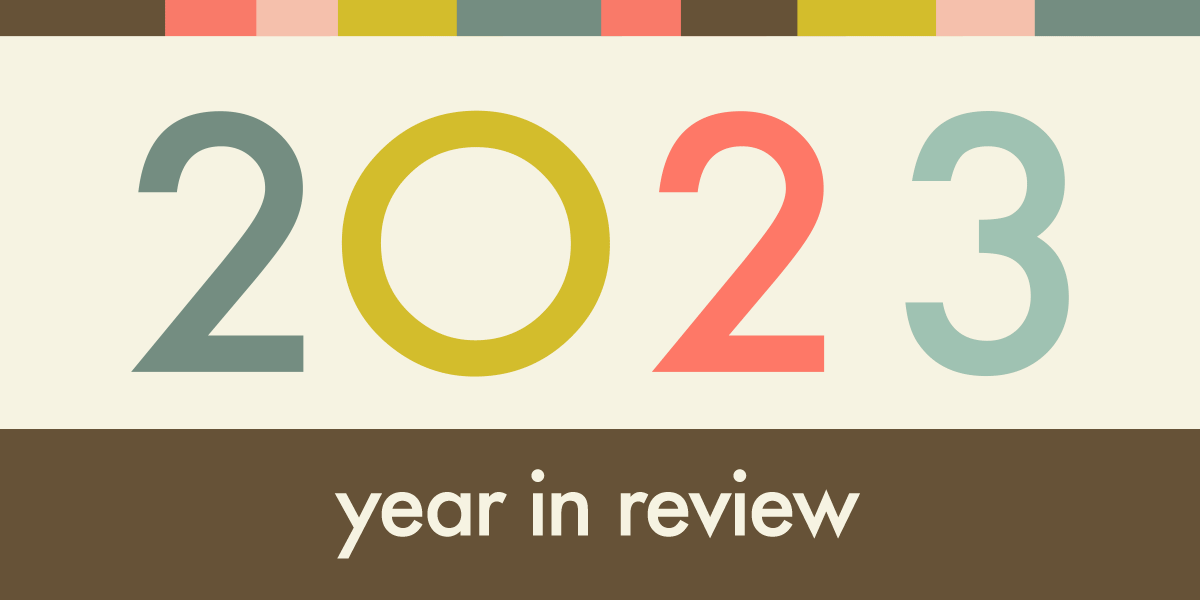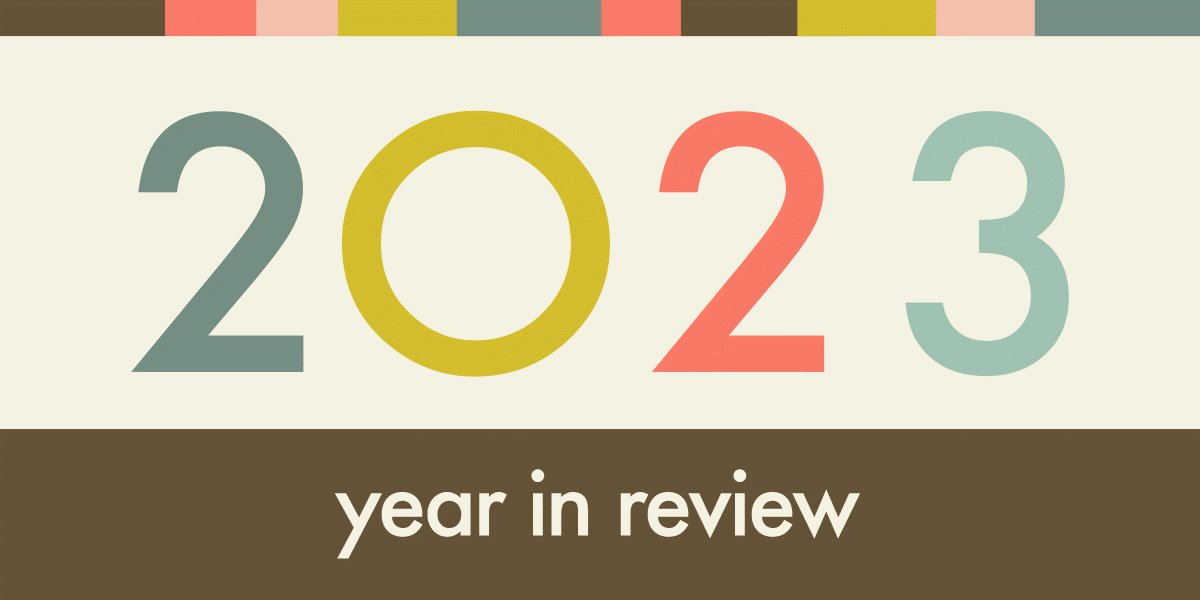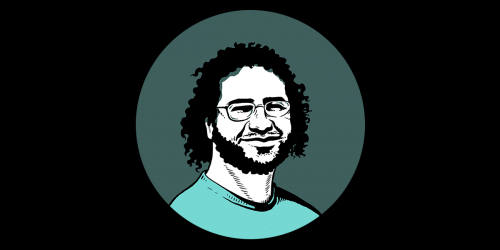2023 has been an unfortunate reminder that the right to free expression is most fragile for groups on the margins, and that it can quickly become a casualty during global conflicts. Threats to speech arose out of the ongoing war in Palestine. They surfaced in bills and laws around the world that explicitly restrict LGBTQ+ freedom of expression and privacy. And past threats—and acts—were ignored by the United Nations, as the UN’s Secretary-General announced it would grant Saudi Arabia host status for the 2024 Internet Governance Forum (IGF).
LGBTQ+ Rights
Globally, an increase in anti-LGBTQ+ intolerance is impacting individuals and communities both online and off. The digital rights community has observed an uptick in censorship of LGBTQ+ websites as well as troubling attempts by several countries to pass explicitly anti-LGBTQ+ bills restricting freedom of expression and privacy—bills that also fuel offline intolerance against LGBTQ+ people, and force LGBTQ+ individuals to self-censor their online expression to avoid being profiled, harassed, doxxed, or criminally prosecuted.
One prominent example is Ghana's draconian ‘'Promotion of Proper Human Sexual Rights and Ghanaian Family Values Bill, 2021.' This year, EFF and other civil society partners continued to call on the government of Ghana to immediately reject this draconian bill and commit instead to protecting the human rights of all people in Ghana.
To learn more about this issue, read our 2023 Year in Review post on threats to LGBTQ+ speech.
Free Expression in Times of Conflict
The war in Palestine has exacerbated existing threats to free expression Palestinians already faced,, particularly those living in Gaza. Most acutely, the Israeli government began targeting telecommunications infrastructure early on in the war, inhibiting Palestinians’ ability to share information and access critical services. At the same time, platforms have failed to moderate misinformation (while overmoderating other content), which—at a time when many Palestinians can’t access the internet—has created an imbalance in information and media coverage.
EFF teamed up with a number of other digital rights organizations—including 7amleh, Access Now, Amnesty International, and Article 19—to demand that Meta take steps to ensure Palestinian content is moderated fairly. This effort follows the 2021 campaign of the same name.
The 2024 Internet Governance Forum
Digital rights organizations were shocked to learn in October that the 2024 Internet Governance Forum is slated to be held in Saudi Arabia. Following the announcement, we joined numerous digital rights organizations in calling on the United Nations to reverse their decision.
EFF has, for many years, expressed concern about the normalization of the government of Saudi Arabia by Silicon Valley companies and the global community. In recent years, the Saudi government has spied on its own citizens on social media and through the use of spyware; imprisoned Wikipedia volunteers for their contributions to access to information on the platform; sentenced a PhD student and mother of two to 34 years in prison and a subsequent travel ban of the same length; and sentenced a teacher to death for his posts on social media.
The UK Threatens Expression
We have been disheartened this year to see the push in the UK to pass its Online Safety Bill. EFF has long opposed the legislation, and throughout 2023 we stressed that mandated scanning obligations will lead to censorship of lawful and valuable expression. The Online Safety Bill also threatens another basic human right: our right to have a private conversation. From our point of view, the UK pushed the Bill through aware of the damage it would cause.
Despite our opposition, working closely with civil society groups in the UK, the bill passed in September. But the story doesn't end here. The Online Safety Act remains vague about what exactly it requires of platforms and users alike, and Ofcom must now draft regulations to operationalize the legislation. EFF will monitor Ofcom’s drafting of the regulation, and we will continue to hold the UK government accountable to the international and European human rights protections that they are signatories to.
New Hope for Alaa Abd El Fattah Case
While 2023 has overall been a disappointing year for free expression, there is always hope, and for us this has come in the form of renewed efforts to free our friend and EFF Award Winner, Alaa Abd El Fattah.
This year, on Alaa’s 42nd birthday (and his tenth in prison), his family filed a new petition to the UN Working Group on Arbitrary Detention in the hopes of finally securing his release. This latest appeal comes after Alaa spent more than half of 2022 on a hunger strike in protest of his treatment in prison, which he started on the first day of Ramadan. A few days after the strike began, on April 11, Alaa’s family announced that he had become a British citizen through his mother. There was hope last year, following a groundswell of protests that began in the summer and extended to the COP27 conference, that the UK foreign secretary could secure his release, but so far, this has not happened. Alaa's hunger strike did result in improved prison conditions and family visitation rights, but only after it prompted protests and fifteen Nobel Prize laureates demanded his release.
This holiday season, we are hoping that Alaa can finally be reunited with his family.
This blog is part of our Year in Review series. Read other articles about the fight for digital rights in 2023.











